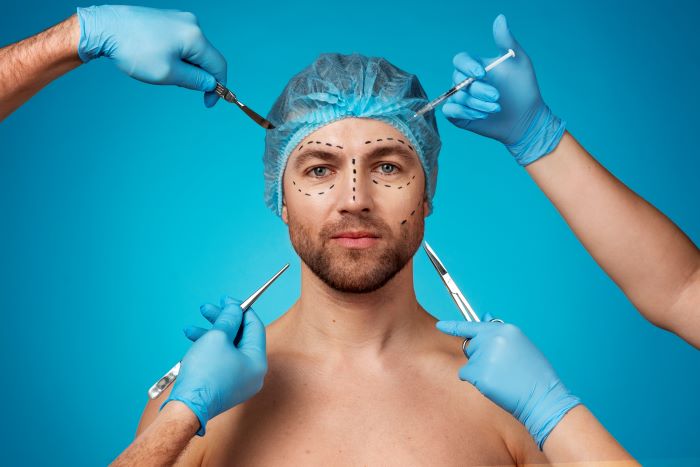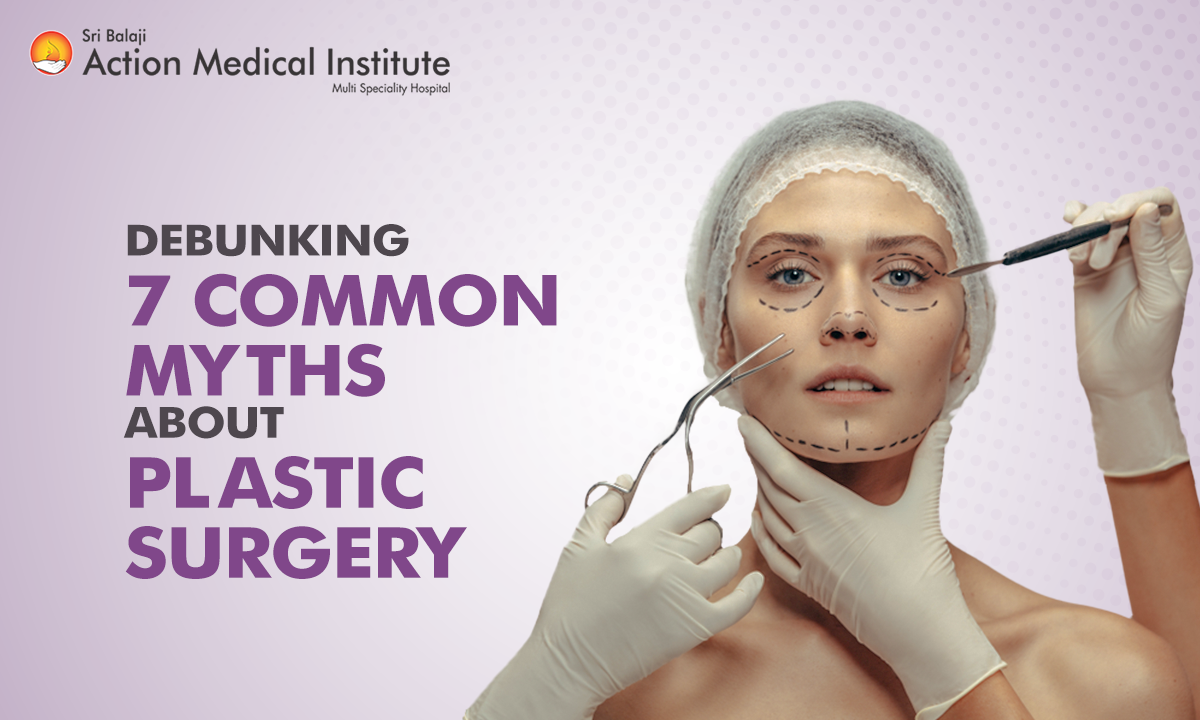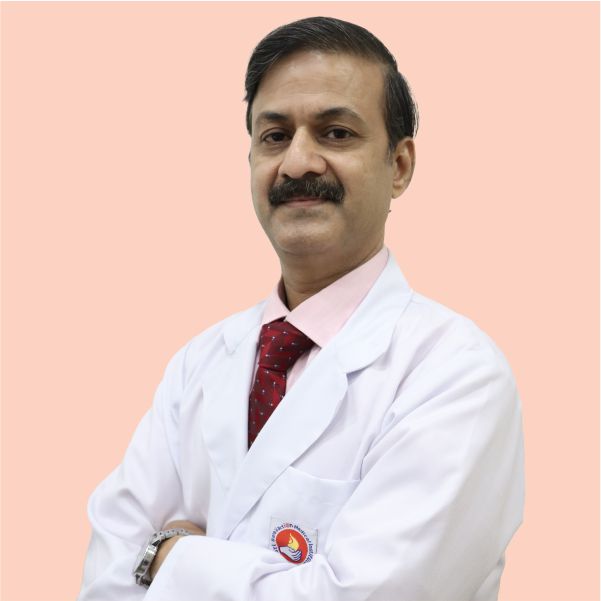Debunking 7 Common Myths About Plastic Surgery
Over the past decade, plastic surgery has gained widespread attention with the improvement of both medical technology and methods, which have made the processes not only safer but more affordable for patients. Nonetheless, these success narratives do not completely eliminate the still widely circulating plastic surgery myths and misconceptions that prevent many potential patients from facing this aesthetic alternative. In this article, we unveil the truth behind some well-known myths about plastic surgeries in order to promote factual knowledge of the procedures.
What is Plastic Surgery?
Plastic surgery is a specific domain within the medical field that encompasses the reformation, modification, or reinforcement of the human body. It covers all types of surgeries to make a person more pleasant in appearance, enhance function, or both. Plastic surgery can be broadly categorised into two main types: cosmetic surgery and repairing plastic surgery.
The main goal of cosmetic surgery is to improve aesthetic appearance, make a person more symmetrical, and emphasise the essential components of beauty. In contrast, reconstructive surgery is designed to fix bodily deformities or injuries that interfere with the body’s normal functions and appearance.

Common Myths About Plastic Surgery
Myth 1: Plastic surgery is only for famous people.
One of the common misconceptions in relation to plastic surgery is that it is a procedure that is available only to celebrities and the rich who desire to look younger or improve their image. On the contrary, nowadays, plastic surgery affects people from all backgrounds. Individuals are being turned away from minor and major procedures to achieve better health, correct birth defects, and perhaps just boost their level of confidence and quality of life.
Myth 2: Plastic surgery always gives a wrong or unusual look.
The next argument about plastic surgery is that it inevitably makes the result look artificial and unnatural. However, there have been cases in which doctors have made mistakes, leading to unwanted results. On the other hand, the vast majority of plastic surgery procedures are definitely directed at improving natural beauty and achieving originality. Surgeons with experience in the plastic medical speciality are more concerned with the patient's satisfaction than with the result outside the line with the patient's general appearance.
Myth 3: Plastic surgery only applies to women.
Contrary to the belief, plastic surgery is not designed for women only. Men also resort to aesthetic procedures of different kinds dealing with a number of medical problems, including gynecomastia (overgrowing of male breasts), hair loss, or facial rejuvenation. The taboo regarding male plastic surgery is slowly disappearing as males become more susceptible to improving their physical image and self-assurance via surgery.
Myth 4: Plastic surgery is risky and unsafe
While all surgical procedures carry some degree of risk, modern plastic surgery techniques have significantly reduced the potential for complications. Plastic Surgery Hospital In Delhi adheres to stringent safety protocols and employs highly trained medical professionals to ensure patient safety.
Myth 5: Plastic surgery is about shallow reasons for vanity.
Many people still believe the most widespread myth related to plastic surgery is that it's motivated only by selfishness. Cosmetology is definitely an important aspect for most patients, but nonetheless, a surgical intervention can do wonders psychologically and emotionally. Operations such as breast reconstruction after mastectomy, scar correction, and gender reassignment surgeries can enhance people's lives so much.
Myth 6: Plastic surgery is considered a speedy solution for aesthetic issues.
Plastic surgery is often taken by others as a short and fast way of fixing aesthetic matters. Conversely, attaining those outcomes mainly includes systematic preparation, reasonable expectations, and strict after-treatment. Plastic surgery is not a 'quick-fix' and should be supplemented with the necessary time and effort of the patient to actually get satisfactory results.
Myth 7: Plastic surgery is irreversible.
The effects of plastic surgery procedures can endure for many years, but they don’t always guarantee a complete and permanent change. Relevant issues, like ageing, weight fluctuations, and lifestyles, can have an impact on the longevity of surgical outcomes. Additionally, some of these procedures might require revisions or touch-up treatments as time goes by so that the desired look can still be achieved. Therefore, patients need to understand that plastic surgery is more of a process that requires anything from follow-up visits to maintenance by the patient.
FAQs regarding plastic surgery.
1. What actually is plastic surgery?
Plastic surgery is a medical subfield that carries out the repairing, restoring, or modifying of the form, function, and appearance of the human body. Cosmetics and reconstructive surgery should be included in the scope of what is meant as both aesthetics and repair.
2. What are the most frequently used types of plastic surgery procedures considered?
Among the most popular plastic surgeries are breast augmentation, rhinoplasty (nose reshaping), liposuction, facelift, abdominoplasty (tummy tuck), and blepharoplasty (eyelid surgery). Reconstructive surgeries such as breast reconstruction, cleft lip and palate repair, scar revision, and skin grafting are also possible.
3. Who has the right to choose plastic surgery?
Normally, people who are in good health and have genuine ambitions about cosmetic procedures make good candidates for plastic surgery. Nonetheless, the eligibility criteria may depend on the particular procedure a patient has had or the health impairment a person suffers from. A thorough and personal consultation with a board-certified plastic surgeon is necessary to ensure that the patient's wishes and desires are considered.
4. Is plastic surgery safe?
Plastic surgeries, along with every other procedure that involves surgery, are not free of the risks that are naturally associated with surgical interventions. Most importantly, you need to pick a plastic surgeon of reputation who practices surgery in a hospital accredited with safety protocols so as to reduce possible risks as much as possible.
Conclusion
To respond to the constant development of the plastic surgery discipline, the idea of de-mythologization must lie at its core. Myths and stereotypes about plastic surgery could hold people back from making this choice. Suppose one can learn the truth about plastic surgery and get relevant advice from good professionals at the Plastic Surgery Hospital in Delhi. In that case, an individual can make the best choice about their beauty targets and overall well-being.






